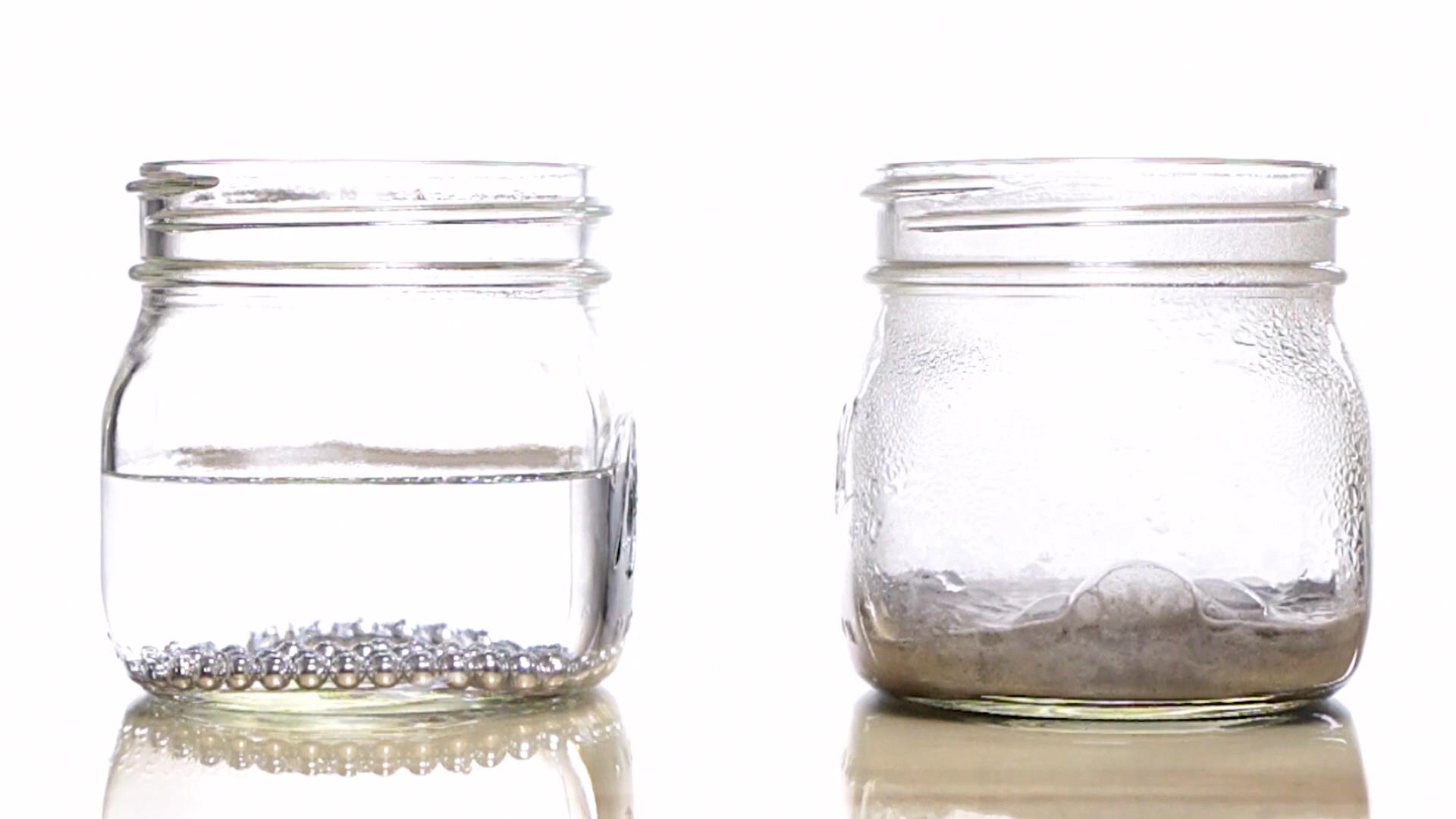
MechE Video Library
A Class with the Feel of a Startup
Take a peek inside the MIT class, Engineering System Design/Development. The creativity, deadlines, teamwork, and passion are all here.
Other Videos in the [MechE Classes] Gallery
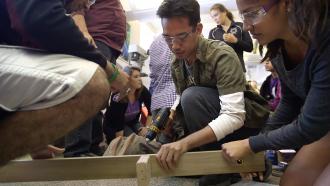
2.009: Product Engineering Processes is a rigorous capstone class for undergraduates, bringing together everything students have learned along the way to develop a market-ready product.
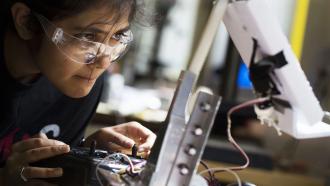
The first hands-on classes to teach students not only how to design an object but also how to build it.
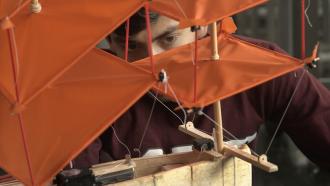
Class 2.00a, Fundamentals of Engineering Design: Explore Space, Sea and Earth, empowers first-year students to build machines early in their academic careers at MIT.
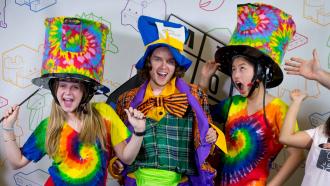
In class 2.00b, Toy Product Design, offered by MIT’s Department of Mechanical Engineering, first-year students get hands-on engineering and product design experience while developing a prototype for a new toy.
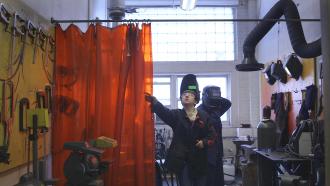
In MIT D-Lab class 2.729, Design for Scale, MIT students work with clients in the developing world to manufacture products in a more cost-efficient and effective way – from ambulances in Tanzania to an irrigation pump in Nepal.
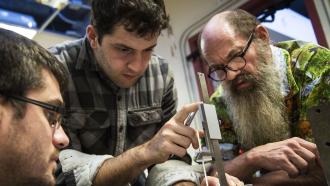
Mechanical engineering students from MIT work with clinicians from Boston-area hospitals to design cheaper, safer, and more efficient medical devices.
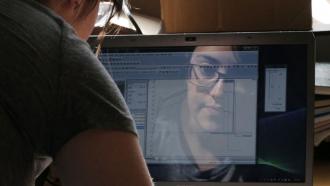
Mechanical engineering students at MIT get hands-on experience conducting a research study from start to finish during Course 2.671’s “Go Forth and Measure Project.” Students are given the freedom to research a topic that interests them – from gummy bears to heart rate and exploding pumpkins.
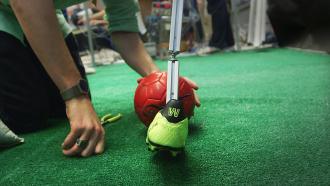
In this year’s Class 2.12: Introduction to Robotics, undergraduate students joined forces to build a robot that can emulate complex human movement with a soccer-theme.
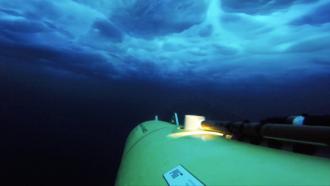
MIT students taking class 2.680: Unmanned Marine Vehicle Autonomy, Sensing and Communications aim to deepen our understanding of the world's oceans by developing artificial intelligence for use on autonomous marine vehicles. Their software is put to the ultimate test while running missions of the Charles River.
2.674: One of the first classes to offer undergraduates a hands-on experience with cutting-edge micro/nano engineering.









